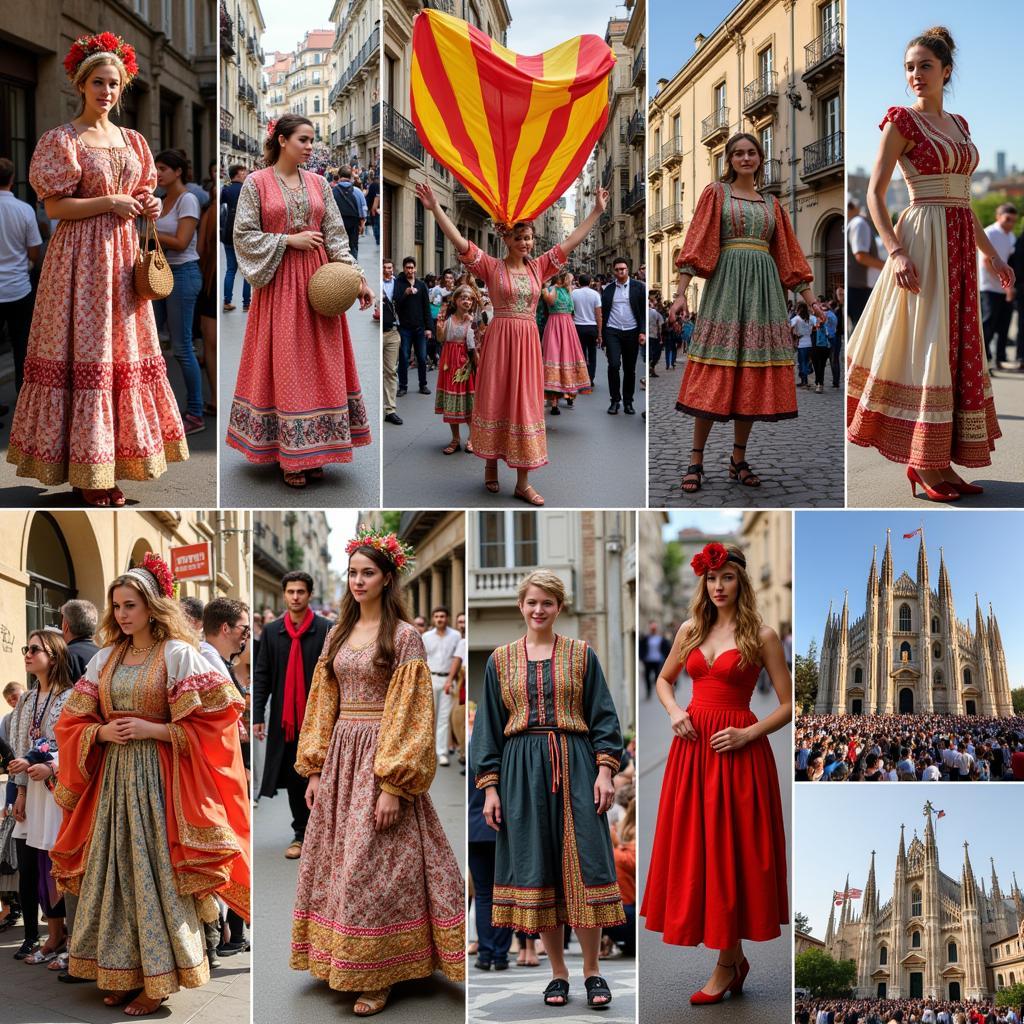The term “Repartiment De Millennium: Els Homes Que No Estimaven Les Dones” translates to “Millennium men: the men who didn’t love women” in Catalan. While it may seem like an obscure phrase, it encapsulates a deeply rooted societal issue that has permeated various cultures for centuries: misogyny. This article delves into the concept of “repartiment de millennium,” exploring its origins, manifestations, and impact on modern society, particularly in the context of Spanish culture.
 Catalan Cultural Context of "Repartiment de Millennium"
Catalan Cultural Context of "Repartiment de Millennium"
Unpacking the Phrase: A Cultural Perspective
“Repartiment de millennium” is not just a phrase; it’s a reflection of deeply ingrained patriarchal norms prevalent in many societies, including Spain. The term itself evokes images of a bygone era where men held dominion over women, controlling their lives and choices. While the literal translation might suggest a blatant hatred for women, the reality is often more nuanced, manifesting as subtle forms of discrimination, prejudice, and control.
 Manifestations of Patriarchal Norms in Spain
Manifestations of Patriarchal Norms in Spain
The Millennium Man: A Closer Look
Who is the “millennium man” referred to in this phrase? He isn’t necessarily a monster or an overtly abusive figure. He could be a colleague, a family member, or even a friend. The defining characteristic is his adherence to traditional gender roles and expectations, often unconsciously perpetuating a system that disadvantages women.
Manifestations of “Repartiment de Millennium” in Modern Spain
While Spain has made significant strides in gender equality, remnants of “repartiment de millennium” linger in various aspects of society:
- The Gender Pay Gap: Women in Spain still earn less than men for doing the same work, reflecting a deep-seated bias in valuing women’s labor.
- Underrepresentation in Leadership: Despite progress, women remain underrepresented in positions of power across various sectors, from politics to business.
- Domestic Labor Imbalance: The burden of unpaid domestic work continues to fall disproportionately on women, hindering their career advancement and personal growth.
 Modern Spanish Women Challenging Traditional Norms
Modern Spanish Women Challenging Traditional Norms
Challenging the Status Quo
Recognizing and addressing the subtle ways “repartiment de millennium” continues to influence Spanish society is crucial for achieving true gender equality. By promoting open dialogue, challenging traditional norms, and empowering women to break free from limiting expectations, we can create a more just and equitable future for all.
The journey towards dismantling “repartiment de millennium” is ongoing and requires a collective effort from both men and women. By understanding the historical context, recognizing its manifestations in the present, and actively challenging outdated beliefs, we can move towards a future where men and women stand as equals in all aspects of life.